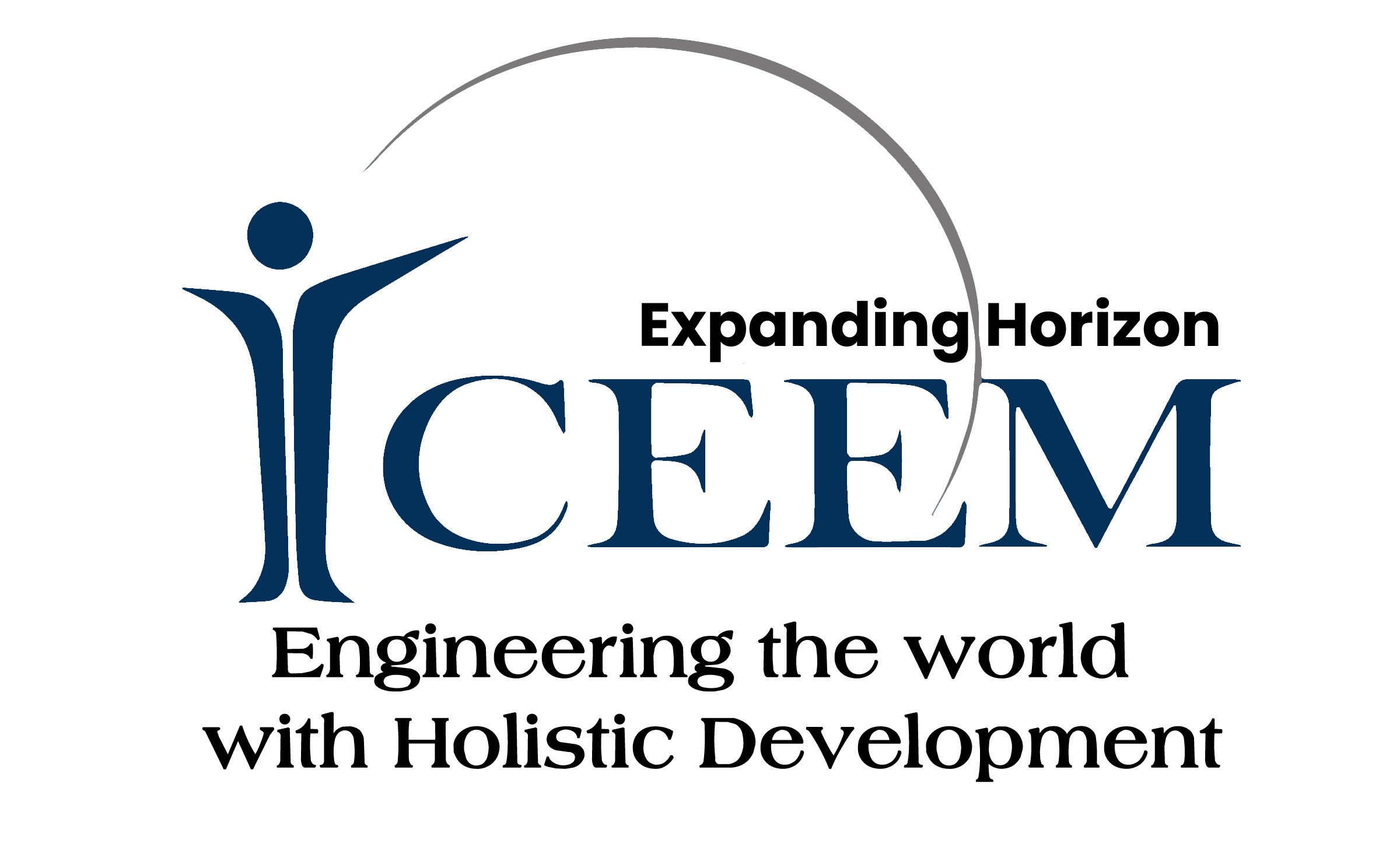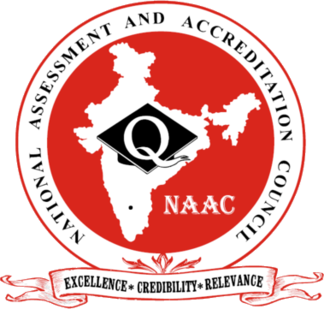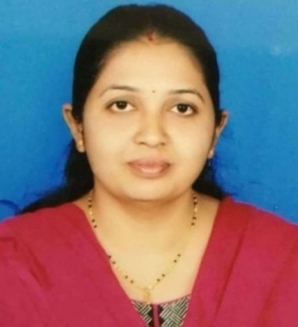ABOUT DEPARTMENT
ICEEM, is all set to support and facilitate the budding Civil Engineers.
Our main aim is to equip each student with power of knowledge so that they can emerge as the most probable contestants with technical, managerial and administrative capabilities. To enhance their technical skills, we have a team of experienced and qualified faculties and staff who are committed to serving students with untiring zeal and enthusiasm. Engineering cannot be imagined without practical training. We provide well-equipped laboratories to perform experiments and endeavor to provide better technical facilities in days to come. In addition, use of computers for drawing, analysis and design of Civil Engineering structures with AutoCAD, STAAD and other software have all become part of Civil Engineering.
Key Features :
- Experienced and qualified faculty.
- Arrangement survey projects at sites and visits to various civil engineering structures such as buildings, water structures, Dams, Canals, Roads, Bridges, Industrial steel structures, etc.
- Consultancy and material testing facilities are provided.
- Separate departmental library in addition to central library.
Objectives :
- To prepare engineering professionals, recognized for the quality and significance of their knowledge, research and service.
- To provide widely recognized leadership in the improvement of Computer science and engineering, through innovation.
- Enhance the commitment of faculty, staff, and students to the centrality of diversity, social justice, and democratic citizenship.
- To help the students to excel in the field of Computer science through academic excellence and integrity and outstanding teaching.




